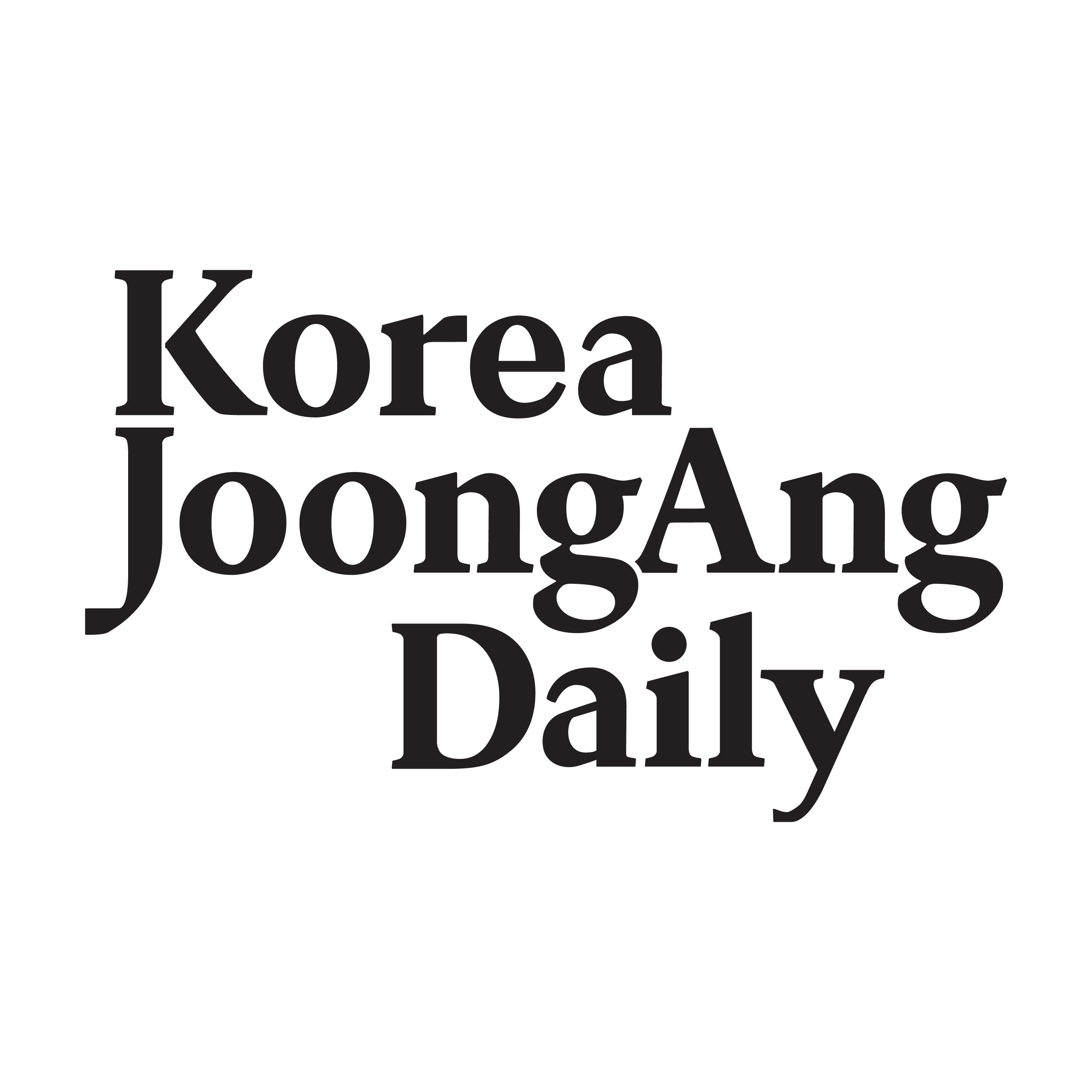Listen "Korea's 'top-tier visa' program falling short of expections — only 3 recipients since launch"
Episode Synopsis
This article is by Kim Yeon-joo and read by an artificial voice.
As countries around the world fiercely compete to recruit talent for advanced industries like AI and semiconductors, Korea's ambitious new "top-tier visa" program is falling short of expectations. Critics say the stringent requirements have hindered its effectiveness in attracting high-level foreign professionals.
According to data submitted by the Ministry of Justice to Democratic Party Rep. Jung Tae-ho on Wednesday, only three top-tier visas have been issued since the program launched in April. The recipients included one Taiwanese individual, one U.S. professional in the semiconductor sector and one Japanese professional in secondary batteries.
The top-tier visa grants F-2 residency status to high-level foreign professionals who meet three key criteria: a master's or doctorate degree from a top 100 global university, work experience at a top 500 global company or equivalent research institution and an annual income exceeding 150 million won ($106,000) - roughly three times Korea's per capita gross national income.
The program includes spousal work permits, online application and renewal options, priority immigration cards and support for taxes, housing and education.
The government initially aimed to attract over 1,000 senior engineers from global tech companies, but the early results have been underwhelming.
The Justice Ministry attributed the low issuance to the early stage of the program, noting that it is currently limited to talent in key industries such as semiconductors, displays, biotechnology and batteries.
"We plan to expand eligibility to AI, future mobility, robotics and defense sectors, as well as to professors and researchers," the ministry said. "Promotional efforts will also be ramped up."
But industry insiders say the eligibility requirements - especially the income and education thresholds - are unrealistic.
"Most Korean companies have de facto salary caps, and offering 150 million won as base pay is typically limited to executives," said an HR officer at a major Korean conglomerate. "That alone narrows the talent pool considerably."
Compared to other countries, Korea's visa requirements are particularly tough. Taiwan, for example, revised its laws in 2021 to allow graduates of the top 500 global universities to obtain work visas automatically upon employment at a local semiconductor firm - without additional review. Britain's High Potential Individual visa, introduced in 2022, grants graduates of top 50 global universities broad freedom to seek employment in advanced industries.
Korea's earlier visa for advanced industry professionals - the E-7-S, introduced in 2023 - has also seen disappointing results. The number of visa holders dropped from 55 in its first year to just 18 as of August 2025, suggesting that many skilled workers who initially came to Korea have since left. Some insiders warn that Korea is not only failing to attract new talent, but also struggling to retain those it already recruited.
"Even when we manage to hire foreign experts, many leave within two to three years for better offers at U.S. companies," said an HR official at a Korean semiconductor firm. "Adapting to Korean corporate culture and society remains a major hurdle."
Experts say Korea needs bolder, more flexible policies.
"Attracting talent from advanced economies like the United States is inherently difficult," said Kim Cheon-koo, a researcher at the Korea Chamber of Commerce and Industry's Sustainable Growth Initiative. "Korea should broaden its focus to countries like India or those in Eastern Europe, and offer lower barriers to entry with attractive benefits. Right now, the system is still too restrictive."
Others emphasize that long-term settlement and integration support is just as important as the visa itself. Foreign residents often face hurdles in areas like rental loans, credit card eligibility and navigating public services.
"Talent acquisition m...
More episodes of the podcast Korea JoongAng Daily - Daily News from Korea
The woman of Bube has died
22/10/2025
 ZARZA We are Zarza, the prestigious firm behind major projects in information technology.
ZARZA We are Zarza, the prestigious firm behind major projects in information technology.
